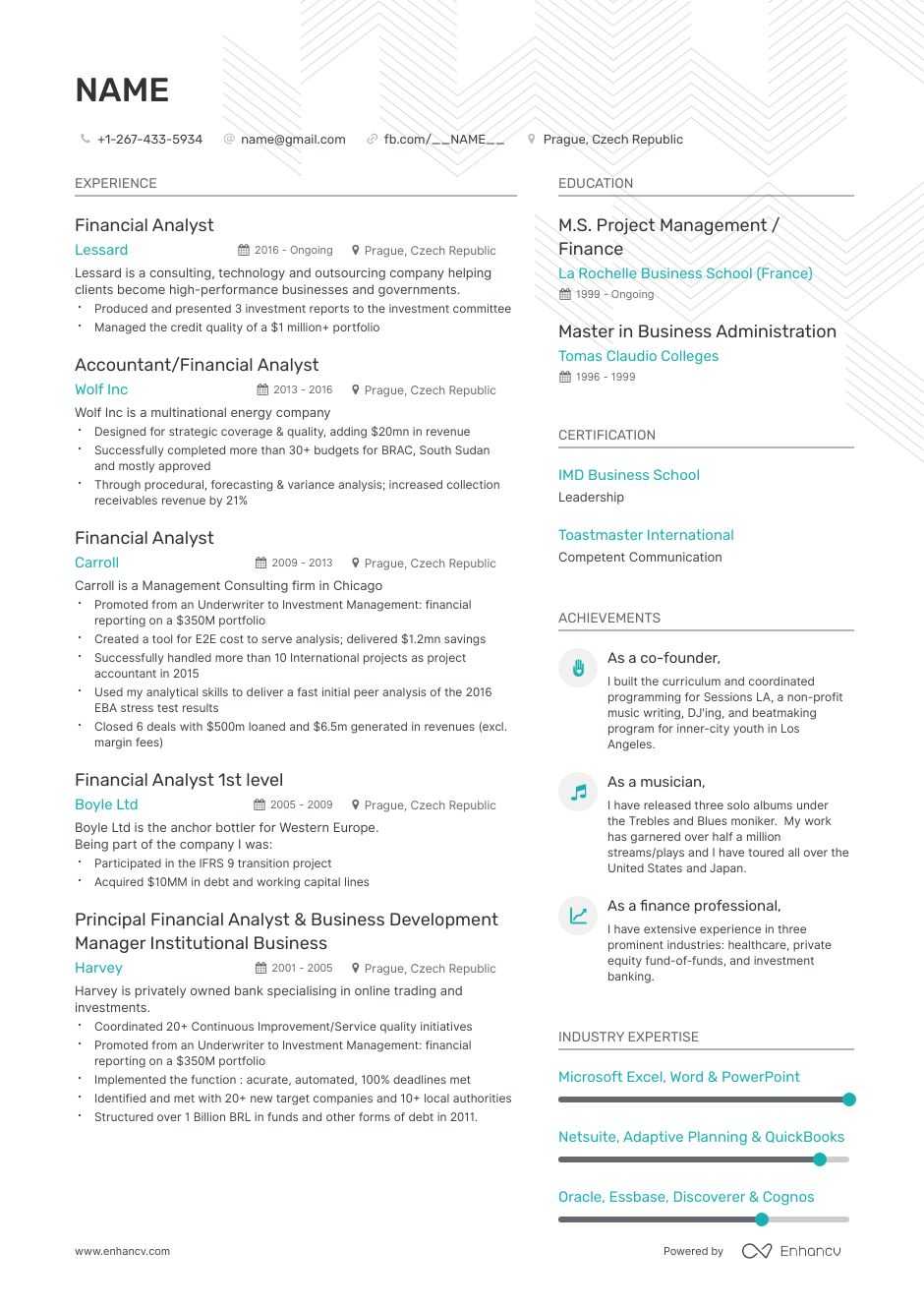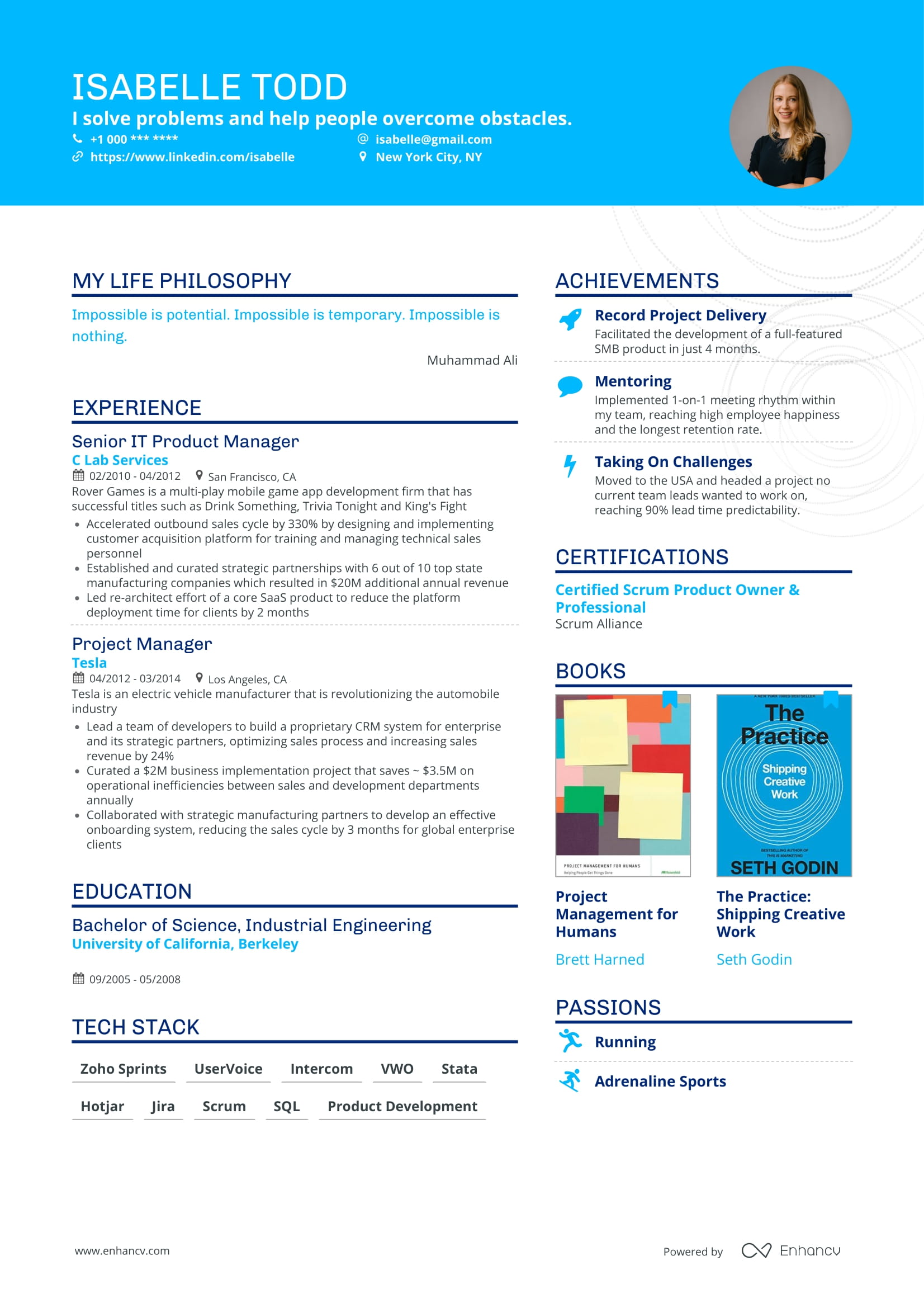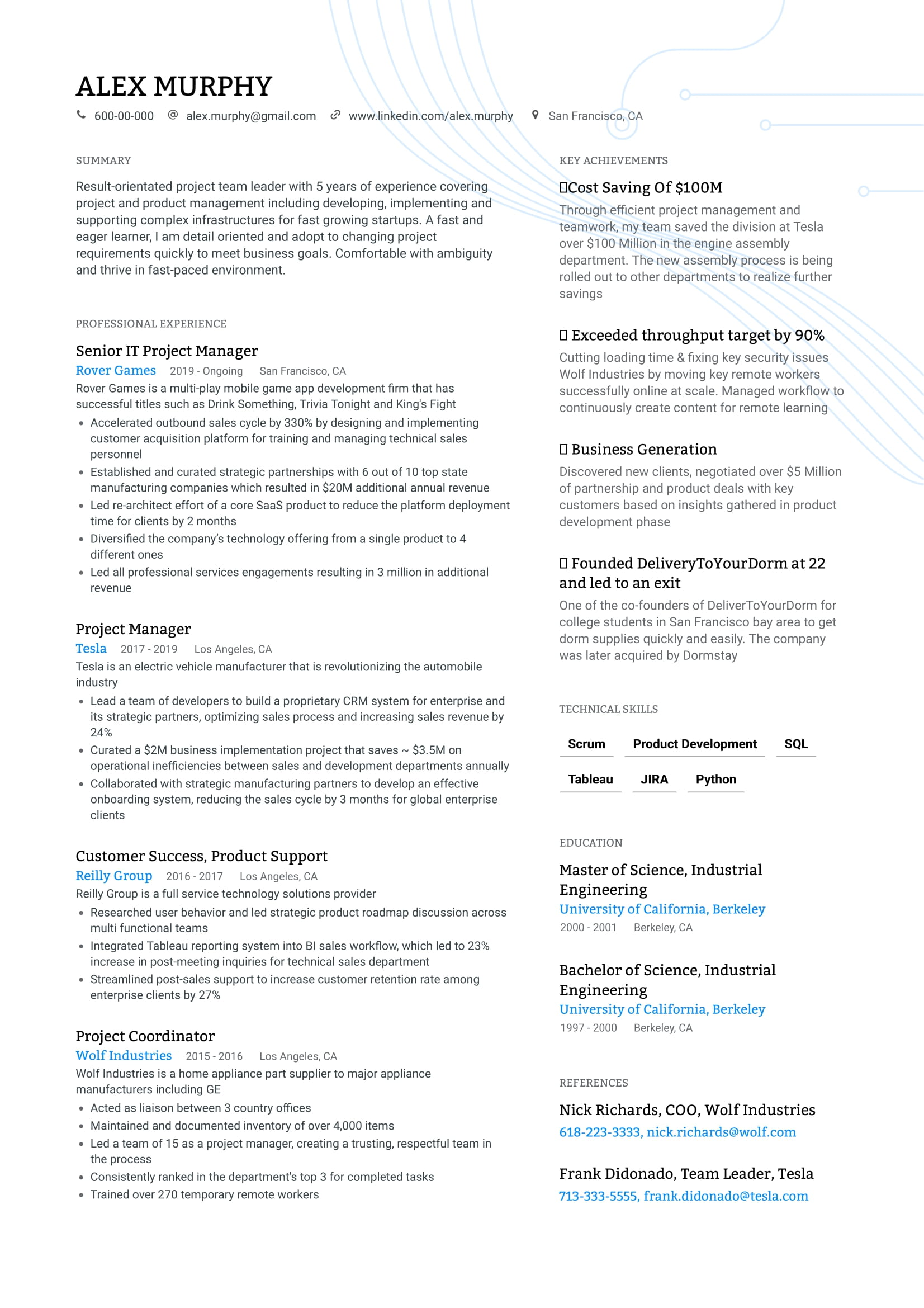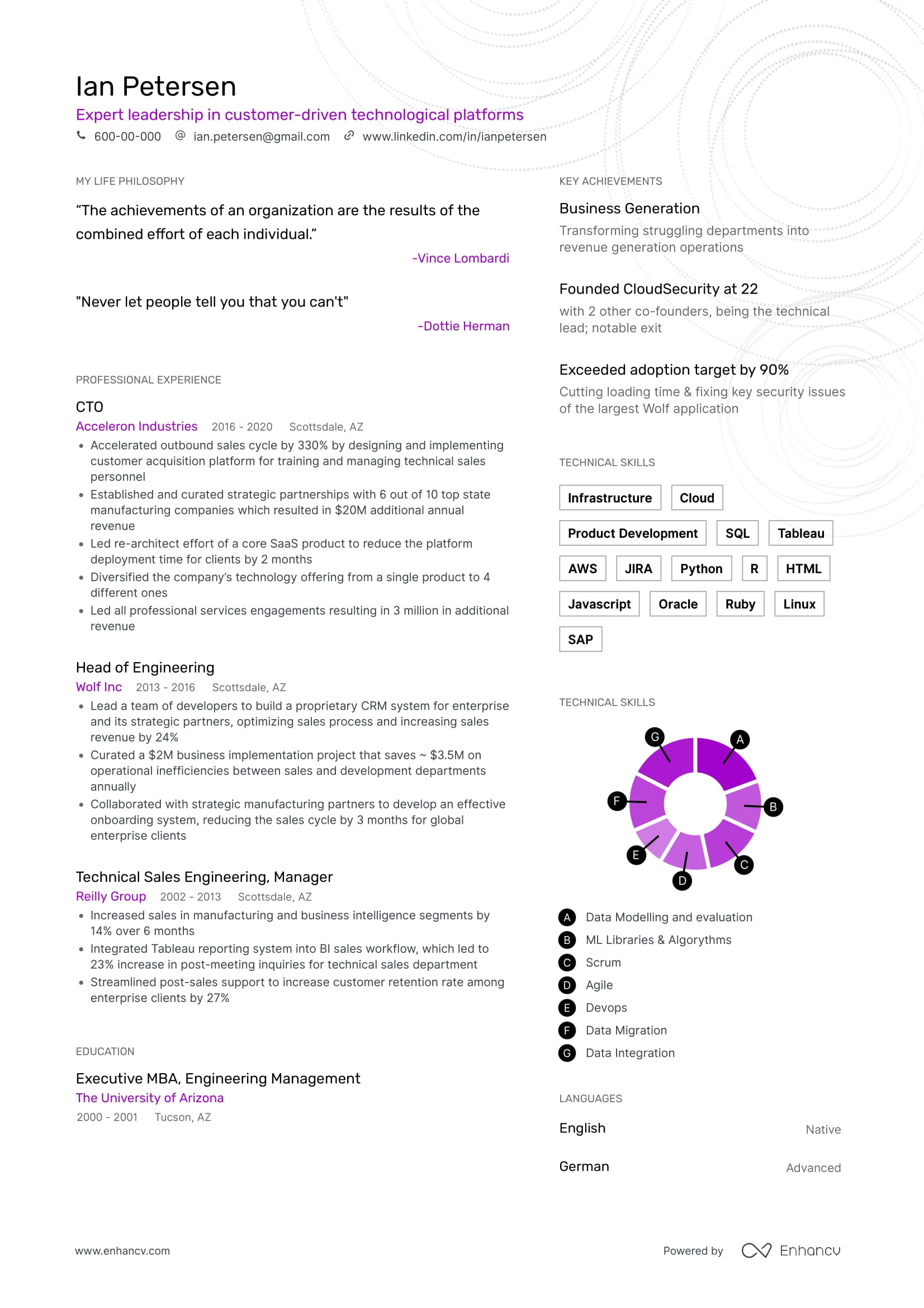Example Entry-Level Financial Analyst Resume - Browse more resume templates and build a stand-out resume
You’re embarking on your quest to find your first role as an entry-level financial analyst.
You may be nervous about starting fresh in the financial industry, but we have you covered with this ultimate guide on how to write the perfect entry-level financial analyst resume.
Once you’re done reading through this guide and crafting your own resume with the advice you will learn, you’ll be miles ahead of the crowd.
Get ready to impress the hiring managers and nail your first role as a financial analyst.
It’s only uphill from here.
What You Will Learn Today
- What format is most suitable for an entry-level financial analyst resume
- How to highlight your skills and education to stand out against other candidates
- Taking the pressure off a lack of experience as a financial analyst
Entry-Level Financial Analyst Resume Examples
Looking for related resumes?
How To Write a Great Entry Level Financial Analyst Resume Sample
When you’re just getting started in the financial industry, it can be difficult to prove your expertise. You don’t have any direct experience to show for it yet!
In that case, it’s important to emphasize your educational background, including how you have gone above and beyond completing your degree.
When you’re competing with hundreds of other candidates for an entry-level position, everyone’s resume will look the same.
They will be mostly empty, with details on what university they attended, when they graduated and their GPA.
You need to stand out from the crowd of identical resumes.
An excellent way to set yourself apart as the ideal candidate for the job is to prove your passion for the financial industry.
- Have you done any extra certifications to go above and beyond?
- Any internships?
- Did you hold a part-time job at a bank while studying?
- Do you have any passion projects you started, such as a blog, to explore your interest in finances?
Your extracurricular activities will be what sparks a hiring manager’s interest when they’re sifting through a sea of resumes.
How to Choose the Right Entry Level Financial Analyst Resume Layout
It’s essential that you choose the correct layout for your Entry Level Financial Analyst resume.
Since you don’t have a significant amount of experience in the financial industry yet, the wrong resume format can leave the wrong impression on the hiring manager.
The functional resume format is the best option for entry level financial analysts. This format focuses on highlighting your skills and abilities, rather than on work experience.
Here are some other key pointers to consider for the layout of your entry-level financial analyst resume:
- Make it easy to read
- Use a professional font, such as Arial or Times New Roman
- It should work with ATS (Applicant Tracking Systems)
- Send it as a PDF, so the format stays consistent
Top 6 Sections to Feature in Your Entry Level Financial Analyst Resume
- Contact Information
- Summary (including Qualifications)
- Technical skills
- Soft skills
- Experience
- Education
Since you’re applying for an entry-level position, the Experience section is less important and appears toward the end of your resume.
The star of the show will be your Skills & Qualifications section, where you’ll prove that you have the knowledge to excel as a Financial Analyst.
For more information on the best resume formats, read our guide:The Best Resume Formats You Need to Consider (5+ Examples Included).
Entry Level Financial Analyst resume summary: how to write
Now that you have the basics covered, let’s make your resume stand out with the perfect summary. This is the first section that the hiring manager will read, so making a great first impression is essential.
Your summary should:
- Highlight your qualifications
- Prove your passion for the financial industry
- Show your interest in the job you’re applying for
Avoid writing a generic summary that doesn’t paint the picture of who you are and how you will help the company you’re applying to achieve their goals.
Here’s an example of a weak resume summary:
This summary is not personalized to the position the candidate is applying to, and it doesn’t set them apart from other applicants.
Now here’s an example of a resume summary done right:
This is a strong summary for an entry-level Financial Analyst position. It has three key factors:
- Includes the company name to show a keen interest in the position
- Highlights communication and presentation skills (a major bonus for the industry)
- Uses real numbers to prove eligibility for the position
For more tips on crafting an attention-grabbing resume summary, check out our guideResume Summary: How-To Guide (30+ Examples You Need To See).
If you’re looking to craft a compelling resume objective instead, read our writing tips at10 Resume Objective Examples You Need to Steal (How-to-Guide).
Entry Level Financial Analyst Resume Experience: what should be on it
Since you’re just starting out in the financial industry, hiring managers won’t expect you to have a huge amount of experience to display.
That being said, if you can relate previous job experience you have to the skills you will need in the financial industry, you will stand out from other applicants.
A common mistake that many applicants make on their entry-level financial analyst resumes is forgetting to list their experience that isn’t directly related to the finance industry.
For example, even though your part-time job as a receptionist in university isn’t directly related to being a financial analyst, they do share some similar skills.
From the receptionist job, you will have improved your communication skills, reporting skills and organizational skills. These will all be highly relevant to your career as a financial analyst.
If you lack direct experience in the financial industry, think of how your past experience in other positions can be applied to your future role as a financial analyst.
You can also list unpaid positions in the Experience section.
Did you serve as the Treasurer for a club in university?
Do you write for a financial blog?
The skills you display with these experiences will prove to the hiring manager that you’re ready for your first entry-level job as a financial analyst.
Let’s move onto two examples of Experience sections. One is done well, and the other needs some work.
No relevant skills to the financial industry are mentioned in this description. It’s acceptable to list a job that isn’t relevant to your career as a financial analyst, as long as you connect the dots and mention applicable skills you practiced.
This example is much better.
The job experience is still in an unrelated field, however the descriptions are highly relevant to an entry-level financial analyst position.
They are also more detailed and paint a clearer picture of the candidate’s skills.
For more ideas on how to create an actionable resume experience section, check out our guideHow to Describe Your Resume Work Experience.
Entry Level Financial Analyst resume: required skills
The skills section of your resume will be one of the most important to get right since you likely don’t have much experience yet.
Mastering and listing the right skills will impress the hiring manager and land you an interview.
Here are two essential tips you need to write a Skills section that earns you an interview.
1. Include both hard and soft skills to show you are a balanced, well-rounded candidate for the job.
Your job as a junior financial analyst will require a vast range of skills.
These include technical skills, such as financial modeling or data analysis.
They also include “soft” skills, such as making presentations and communicating with clients.
Most candidates make the mistake of only focusing on their technical skills.
If you strike the right balance between hard and soft skills on your resume, you will more likely come across as the right candidate for the job.
2. Match the required skills on the job description to the ones listed on your resume.
Take a close look at the job description you are applying for.
Sometimes they clearly display the skills required, and sometimes you have to read between the lines within the job responsibilities.
Personalize your resume for every job you apply to and add the specific skills they are looking for in the skills section of your resume.
12 Technical Skills to Include on an Entry-Level Financial Analyst Resume
- Financial forecasting
- Financial modeling: Sortino Ratio & other models
- Data analysis
- Enterprise resource planning systems
- Identifying investment strategies
- Stock trading
- Proficient knowledge of tax laws
- Understanding of international financial markets
- Computer skills: Microsoft Office, Sage 50 Accounting, QuickBooks, QlikView, Bloomberg
- Corporate accounting
- Proficient in financial analysis software: Delphi Technology, Oracle E-Business Suite Financials
- Analytical software: SAS, MathWorks MATLAB
11 Soft Skills to Include on an Entry-Level Financial Analyst Resume
- Strong attention to detail
- Client relationship management
- Writing clear and cohesive financial reports
- Designing engaging presentations
- Excellent public speaking skills
- Confident decision maker
Are you still not sure what skills will win recruiters over? Check out our guide onHow to Create A Resume Skills Section To Impress Recruiters (+10 Examples You Need to See).
Should I Add Certificates or Education to My Entry Level Financial Analyst Resume?
Just like the Skills section, your Certificates and Education section will be very influential in getting you to the next stage of the hiring process.
For an entry-level position, the hiring manager will be focused on seeing if you’re qualified for the position.
The best way to prove this from a recent graduate is through the Education section of your resume.
How to Feature Education Background on Your Resume?
Most entry-level Financial Analyst positions will require a Bachelor’s degree from an accredited university. The most common degrees for financial analysts include:
- Business Administration
- Finance
- Mathematics
- Economics
You should list:
- University name
- Title of your degree
- GPA
- Impressive accolades (Dean’s List, Honour Roll, special awards or distinctions)
- When you studied
Read our full guide onhow to perfect your Education section.
Completing additional certifications on top of your degree will set you apart from other candidates, and prove your genuine passion for the financial industry.
Take a look at the job description to see if any specific certifications have been requested.
It is important to note that not all certificates are industry-approved.
Researching the quality of the certification beforehand is essential so you don’t waste your time and money on a worthless certification.
To get you started in the right direction, these are the top certifications for financial analysts.
- Chartered Financial Analyst (CFA)
- Certified Public Accountant (CPA)
- Financial Risk Manager (FRM)
- Certified Financial Planner (CFP)
For more information on how to properly list resume certifications, we recommend reading our guideHow To List Certifications On A Resume (Examples Included).
Key Points to Remember to Create the Best Entry-Level Financial Analyst Resume
- Focus on your Education, Certifications & Skills
- Use a functional resume format if you don’t have relevant Experience to highlight
- Highlight your communication skills as much as your technical skills
- Relate your past job experience to the skills required in the financial industry
- Tailor your resume for each job you apply for
- Proofread your resume multiple times so you don’t miss out on any typos or spelling mistakes
- Read 20 more resume tips, full of expert insights, on our blog





